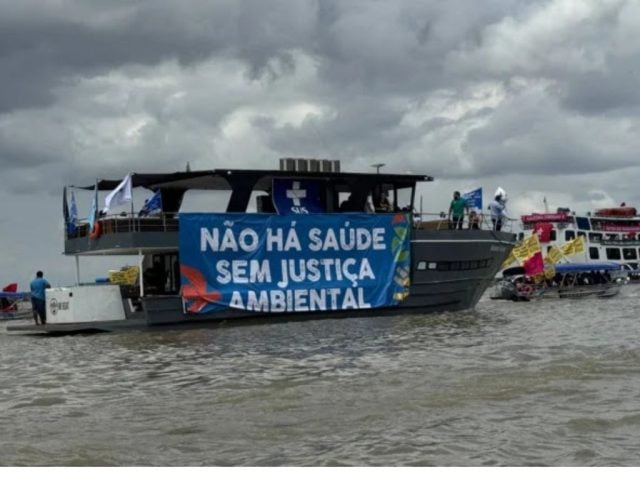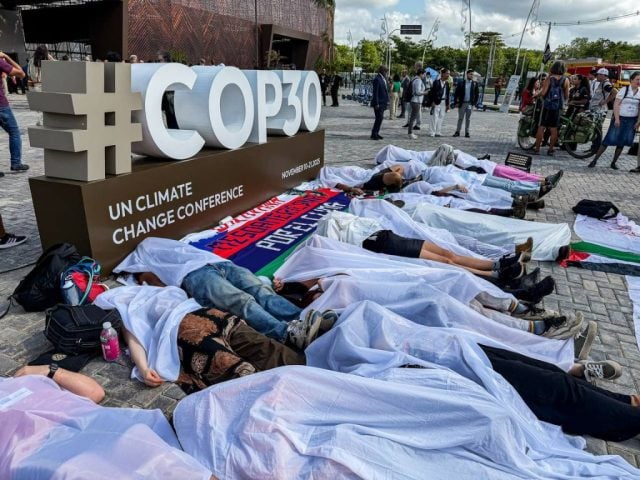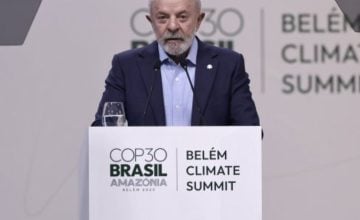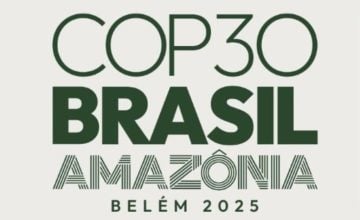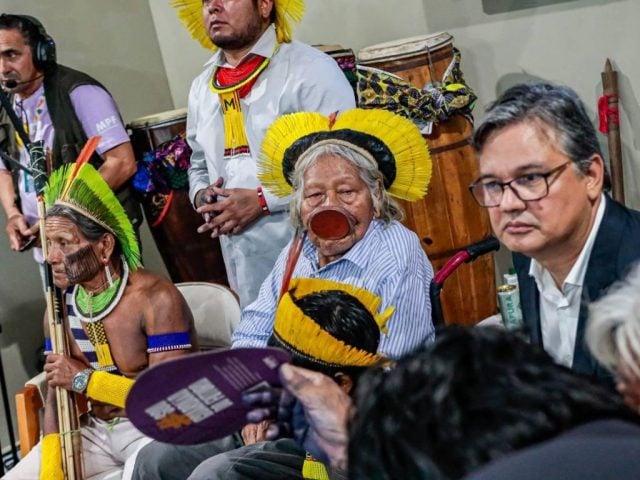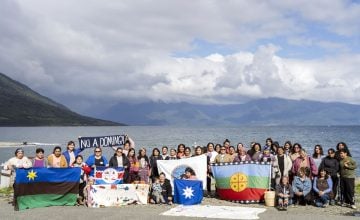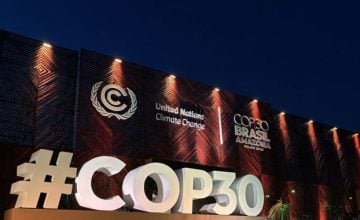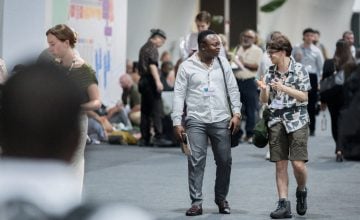Original article: Arranca la Cumbre de los Pueblos en Brasil: 30.000 participantes y 1.100 organizaciones desafían la agenda oficial de la COP30
People’s Summit Kicks Off in Brazil: 30,000 Attendees and 1,100 Organizations Challenge COP30’s Official Agenda
The People’s Summit commenced this Wednesday in Belém, Brazil, with a flotilla of 200 boats transporting 5,000 people through the Amazon River basin. This gathering represents a space of resistance and alternative proposals challenging the official agenda of the 30th United Nations Conference on Climate Change (COP30). Running until November 16 at the Federal University of Pará, the event attracts grassroots movements from 62 countries, uniting over 30,000 participants from 1,100 civil society organizations to denounce what they deem as «false solutions» to the global climate crisis.
In contrast to the intergovernmental negotiations at COP30, the People’s Summit serves as an open and collective dialogue space focused on six key themes: historical reparations, environmental racism, just transition, and food sovereignty, among others.
Organizers stress that genuine solutions for a sustainable world «come from the people of the waters, forests, fields, and peripheries, who resist through their collective, agroecological, and ancestral practices,» reported TeleSUR.

Founded in 1992, the People’s Summit self-defines as «a cry of resistance, an echo of voices silenced by inequality.»
The official website states that «in this space of struggle and hope, indigenous, traditional, and peripheral communities—those who have contributed the least to the climate crisis but suffer the most from its impacts—finally have the opportunity to be heard.»

«Solutions Come from the People»
Under the slogan «Solutions Come from the People,» attendees at the summit in Belém are advocating for an agenda to defend the so-called lungs of the world and the sovereignty of traditional peoples against what they call «false solutions» to the global climate crisis.
«We have begun the People’s Summit… reinforcing our resistance to the false solutions presented by COP30, which include projects that destroy nature, pollute rivers, and poison forests,» declared Ayala Ferreira, national leader of the Landless Rural Workers Movement (MST), during the forum’s opening.
Both the summit organizations and indigenous peoples have called for climate agenda discussions to be rooted in climate justice. Regarding this, Sara Pereira from the Amazon Program’s Fase emphasized that «there will be no just transition while the rights of traditional peoples are not guaranteed.»
The opening of the People’s Summit also featured legendary Brazilian indigenous leader Raoni Metuktire, 93, who is recognized as a global symbol of environmental defense.
After leading a caravan covering 3,000 kilometers through jungle and river, the Kayapó chief arrived in Belém with 300 representatives from indigenous, peasant, and riverside communities.
«If destruction of the jungle continues, if oil is extracted, and roads are opened through our lands, not only will we suffer, but all of humanity will suffer,» he warned, as reported by Prensa Latina.
International delegations, including representatives from the organization International Rivers, joined the event, highlighting that environmental impacts repeat across various regions, as noted by the cited media.
The initiation of this alternative summit coincided with heightened tensions in Belém, marked by daily marches and protests against development projects impacting the Amazon, such as the Ferrogrão railway and oil exploration at the mouth of the Amazon River, reported TeleSUR.

Historic Indigenous Participation
In an unprecedented event, the Brazilian indigenous movement, with federal government support, secured massive participation in COP30. Nearly 400 indigenous leaders gained access to official conference spaces, and a «AldeiaCOP» was established on the UFPA campus in Belém, accommodating 3,000 members from indigenous communities, including delegations from traditional peoples from other regions of Latin America, Africa, and Asia.
This mobilization marks the largest presence of indigenous peoples in the history of climate conferences, according to the Ministry of Indigenous Peoples (MPI) and the Articulation of Indigenous Peoples of Brazil (Apib).
During the inauguration of AldeiaCOP, Indigenous Peoples Minister Sônia Guajajara emphasized that «there will be no solution without indigenous presence,» aiming for a legacy of commitment to the demarcation and protection of indigenous territories as a key strategy against the climate crisis. She denounced that theAmazon biome is being «violated, destroyed through the predatory use of land and nature.»
Grand Unified March
Until November 16, the People’s Summit will offer attendees a comprehensive program of debates, fairs, and cultural expressions.
A Unified March is scheduled for Saturday, November 15, bringing together all mobilized forces, both from the People’s Summit and AldeiaCOP, in a central event to highlight that environmental justice is directly linked to the defense of life and territories.
The event will conclude with a grand community feast dedicated to the most vulnerable populations in Belém.
*Featured Image: TeleSUR.
